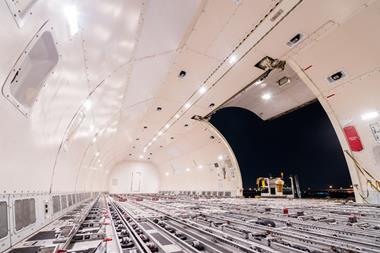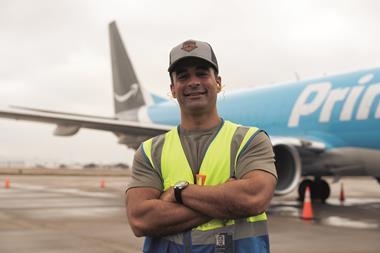As the coronavirus pandemic continues, TIACA has teamed up with the ICAO Covid-19 Technical Group to become the "voice of air cargo" and "put forward concrete solutions and provide information to all stakeholders".
Created by ICAO in partnership with TIACA, the Covid-19 Technical Group is comprised of experts from the WHO, ICAO, TIACA, IATA, ACI and GEA. It aims to facilitate the flow of air cargo around the world during the virus outbreak.
Members of the Covid-19 Technical Group have written a state letter to governments to highlight the vital nature of air cargo. The letter urges: "the facilitation of entry, departure and transit of aircraft engaged in relief flights and to implement all measures to facilitate the receipt of aid, including overflight and landing rights and necessary privileges and immunities for relief units."
Commenting on the state letter and its contents, TIACA's secretary general, Vladimir Zubkov, explained: "It’s a very resolute message to the States and we are seeing some initial results. It’s a collective effort and we are working tirelessly to ensure that ICAO Member States commit to taking action.
"On Monday, for instance, I received a letter from the Russian authorities that specifically stated that flight crews were exempt from the 14-day quarantine."
Steven Polmans (pictured), chairman of TIACA, added: "Several countries have taken measures to issue exemptions for crew members of cargo flights from quarantine and allow all cargo flights to continue to operate, but there is still an enormous amount of work to be done.
"To expand the coverage, we invited both TIACA members and those who are not, to contribute by specifying their problems, and received already inputs from airlines, airports and logistics companies. It will be used in working with our international partners.
In addition, TIACA has raised other issues with decision-makers and the international air cargo community, including the following:
- The need to allow airlines to quickly change the geography of the flights depending on the urgency of deliveries.
- The need for airport to release slots for cargo operations.
- The need for countries (which do not already do so) to allow the transit of certain goods through their territories.










